President Ho Chi Minh worked in Viet Bac during the resistance war against French colonialism. Photo: VNA
The founder of Vietnamese revolutionary journalism
Nguyen Ai Quoc's revolutionary path from the beginning of the 20th century was not only a journey to find a way to save the country, but also a journey to discover and build a special means to serve the revolution: the press. In the context of the country immersed in the darkness of colonial rule, he soon realized: to awaken the national spirit, there is no more effective means than speech. The press not only conveys information, but also contributes to organizing forces, orienting public opinion and arousing patriotism. He said: "The newspaper is just white paper with black ink. But with that white paper and black ink, people can write ultimatums, people can write love letters."[1]
On June 21, 1925, Thanh Nien newspaper was born in Guangzhou, founded, edited and published by Nguyen Ai Quoc. This was not simply a newspaper - it was the first ideological weapon of the Vietnamese revolution, the extended arm of the Vietnam Revolutionary Youth Association in spreading Marxism-Leninism into the country, inspiring a new revolutionary movement. The newspaper was handwritten and printed in a rudimentary manner, but its content was sharp and practical, directly contributing to the training of the first generations of patriots to follow the path of proletarian revolution.
Not stopping at Thanh Nien, during his years of activities in France, the Soviet Union, China, Thailand..., Nguyen Ai Quoc founded and was in charge of many newspapers such as: Le Paria (The Miserable), Vietnam Independence, Liberation Flag, National Salvation,... Each newspaper had a specific political mission, but they all had in common the aim of serving the cause of national liberation struggle and building a revolutionary movement.
The continuous establishment and maintenance of press activities under extremely difficult conditions shows his strategic vision, organizational thinking and special perseverance. Researcher Do Quang Hung assessed: "Ho Chi Minh is the one who initiated a newspaper line, a career" [2] - not only true in terms of historical role, but also demonstrates the depth of a comprehensive revolutionary media thinking.
From the difficult beginnings, President Ho Chi Minh laid the first bricks to build the Vietnamese revolutionary press - a press that is always closely linked to the destiny of the nation, the Party, and the People.
The creator of revolutionary journalism principles and styles
If founding newspapers is the “founding of mountains and rocks”, then creating a system of ideology, journalism methods and journalism style is the fundamental and sustainable step. Ho Chi Minh was not only a journalist and soldier, but also the one who established the first principles of revolutionary journalism: serving the ideal, serving the people, reflecting truthfully and promoting what is right and good.
The volume of his journalistic works alone shows his stature as a revolutionary journalist: about 2,000 articles, in many languages, with nearly 100 different pen names, from Nguyen Ai Quoc, CB, T.Lan, to D.K, XYZ... The works include many genres: editorials, political commentary, commentary, reportage, memoirs, short stories, satire, poetry... The flexibility in form of expression and sharp thinking about content are clear manifestations of Ho Chi Minh's talent and journalistic style.
That style is clearly shown in each sentence: short, concise, succinct but rich in images, emotions and persuasiveness. He did not write elaborately or academically, but aimed at a broad audience, especially the working class. He once said: “Who are you writing for? What is the purpose of writing? How to write so that it is easy to understand, easy to remember, easy to do?” - a simple but vital principle, becoming a guideline for all future generations of journalists.
In particular, he attached great importance to linking journalism with practice. Articles were not only information but also action, a call to arms, a flag calling on the masses to rise up and fight. Therefore, Ho Chi Minh's articles were not only read but also "actionized", becoming a part of revolutionary life.
His way of thinking about journalism was also very scientific: He always paid attention to how to choose the title, how to present, how to make strong arguments, how to present information with focus and key points. For him, journalism cannot be superficial or emotional; it must be profound, correct and have a clear direction.
Ho Chi Minh's journalism ideology not only left value for Vietnam, but is also a precious legacy in the history of world journalism. It is journalism for the people, journalism serving justice and reason, a humane, honest and fighting journalism.
The person who laid the ethical foundation and mission for revolutionary journalists
In addition to founding, directing and writing for newspapers, President Ho Chi Minh also paid special attention to building a team of journalists. According to him, a revolutionary journalist must first of all be an idealist, patriotic, have professional ethics and always be attached to the people. He said: "For us journalists, the pen is a sharp weapon, the article is a revolutionary proclamation to mobilize the masses to unite and fight..."[3] That saying is still deeply relevant today, especially in the context of modern media being strongly influenced by technology, social networks and the negative side of freedom of speech.
He required journalists not to tell lies, not to embellish, not to fabricate, not to deceive the people. The press must be the honest voice of the people, accurately reflecting the thoughts and aspirations of the masses. He once advised that what is said must be done, what is written must be correct. That is not only a professional requirement, but also an ethical requirement. In his journalism ideology, revolutionary journalism must take the truth as the foundation, because "the truth is power", the reason for the existence of journalism. Ho Chi Minh required information to be accurate, specific, and verifiable: "Writing must be practical, speaking with evidence, reporting with evidence... if it is not clear, do not write" [4]. He often edited the headlines and wording of articles to ensure absolute truthfulness and accuracy. According to him, if the press does not respect the truth, it cannot educate or lead the masses.
Not only being honest, revolutionary journalists must also be brave in fighting against wrongdoing, not avoiding, not embellishing, not embellishing their own achievements. He criticized the habit of “one-sided talk” and “exaggerating achievements”, while emphasizing the role of self-criticism and criticism in journalism. Criticism, according to him, is to build, “cure and save people”, not to degrade or defame.
And above all, Ho Chi Minh always required the press to be loyal to the Party's ideals, serve the people, speak the voice of the masses, for the common good and not for personal gain. To him, journalism is politics, but politics based on ethics, ethics that "take the people as the root". These standards are still the guiding principles for Vietnamese revolutionary journalists.
Conclude
Exactly 100 years since the birth of Thanh Nien newspaper, the Vietnamese revolutionary press has gone through a glorious journey, making an important contribution to the cause of national liberation, building and defending the Fatherland. During that journey, President Ho Chi Minh was the one who gave birth, laid the foundation, shaped the ideology, methods and ethics for a unique and sustainable revolutionary press.
The anniversary of Vietnam Revolutionary Press Day is an opportunity for every journalist today to remember and pay tribute to Him - the great journalist of the nation. At the same time, it is also an opportunity to reflect on oneself, strengthen ideals, maintain professional ethics and continue to affirm the role of the press in the cause of serving the country and the people, just like the path He opened up a hundred years ago.
[1] Ho Chi Minh Complete Works, volume 4 (1945-1947), Truth Publishing House, Hanoi, 1984, pp. 167-169.
[2] Do Quang Hung (2001), More knowledge about Ho Chi Minh, Labor Publishing House, Hanoi, p.83.
[3] Ho Chi Minh Complete Works, volume 10 (1965-1969), Truth Publishing House, Hanoi, 1989, p.97.
[4] Ta Ngoc Tan, Ho Chi Minh on journalism, Hanoi, 1995, p.152.
Associate Professor, Dr. Nguyen Thi Truong Giang
Deputy Director of Academy of Journalism and Communication
Source: https://baothanhhoa.vn/chu-tich-ho-chi-minh-nbsp-nguoi-dat-nen-mong-cho-nen-bao-chi-cach-mang-viet-nam-252375.htm



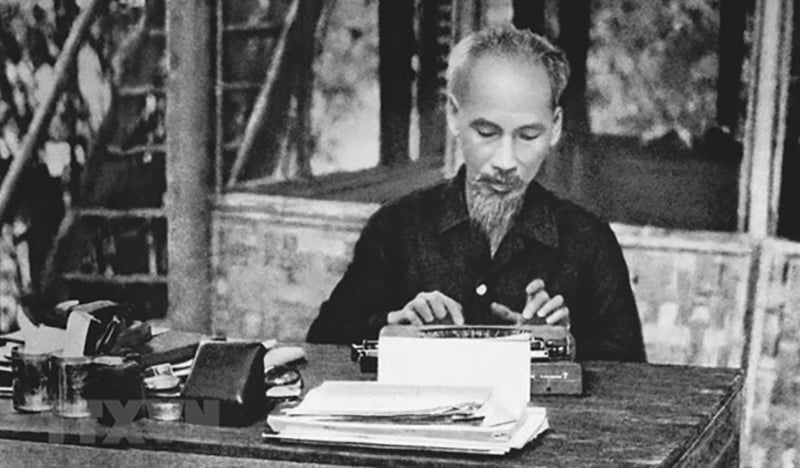
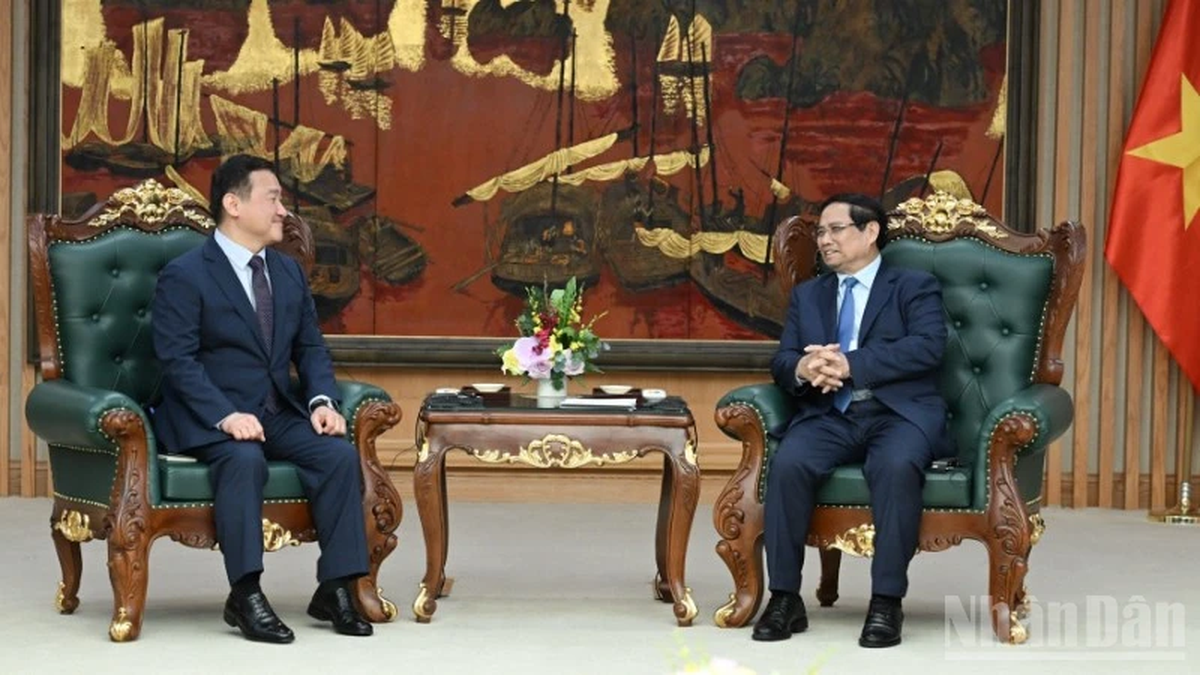
![[Photo] Prime Minister Pham Minh Chinh receives CEO of Samsung Electronics](https://vphoto.vietnam.vn/thumb/1200x675/vietnam/resource/IMAGE/2025/8/26/373f5db99f704e6eb1321c787485c3c2)
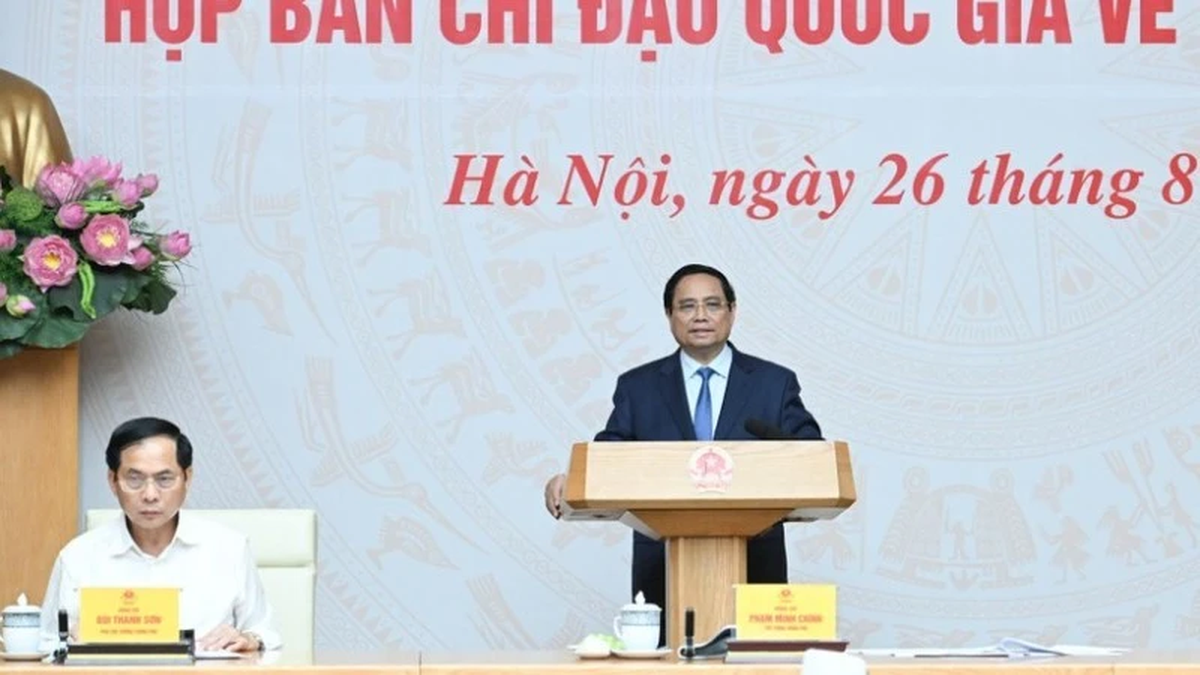

![[Photo] Multi-colored cultural space at the Exhibition "80 years of the journey of Independence - Freedom - Happiness"](https://vphoto.vietnam.vn/thumb/1200x675/vietnam/resource/IMAGE/2025/8/26/fe69de34803e4ac1bf88ce49813d95d8)
![[Photo] Prime Minister Pham Minh Chinh chairs meeting of National Steering Committee on International Integration](https://vphoto.vietnam.vn/thumb/1200x675/vietnam/resource/IMAGE/2025/8/26/9d34a506f9fb42ac90a48179fc89abb3)




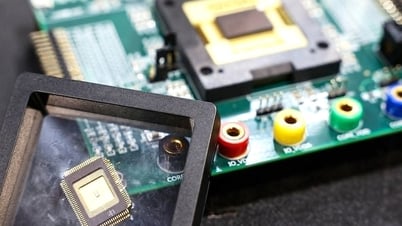



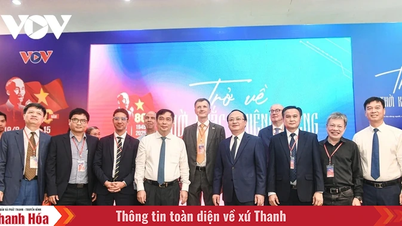


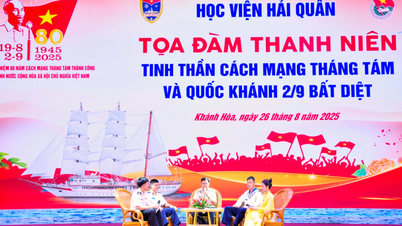
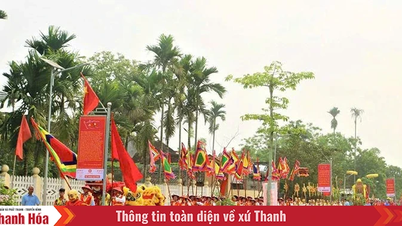


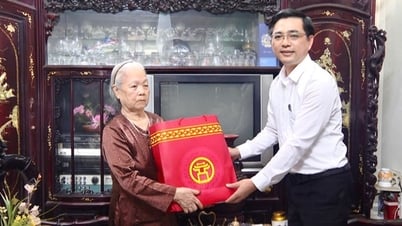

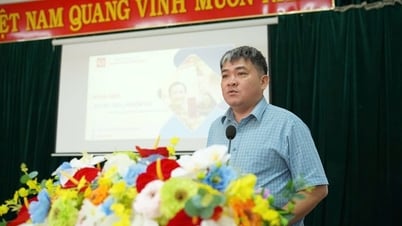










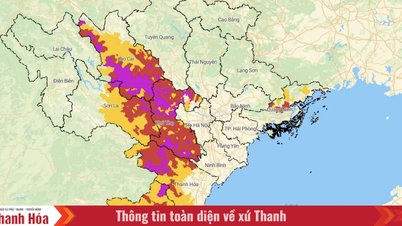
































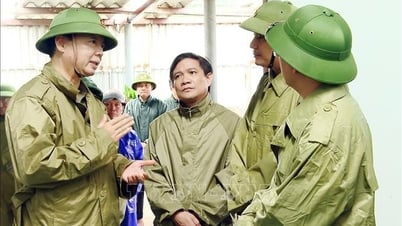

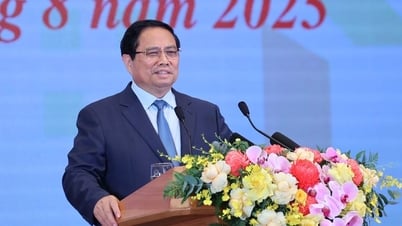


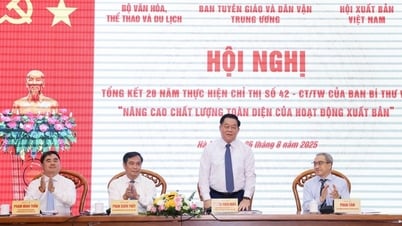



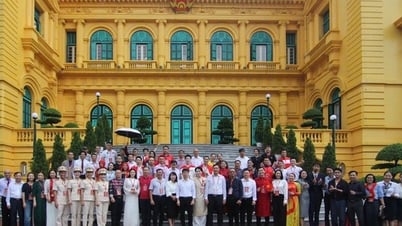


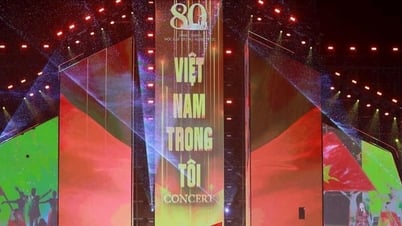


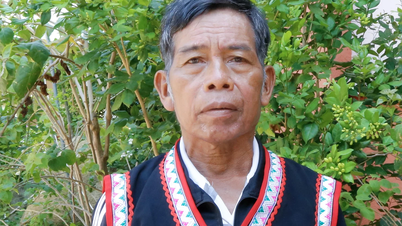

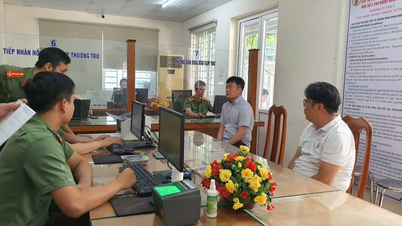






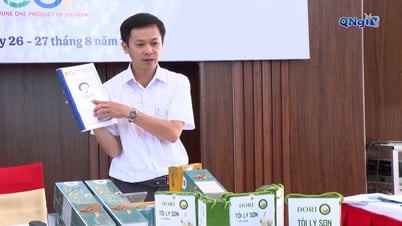










Comment (0)